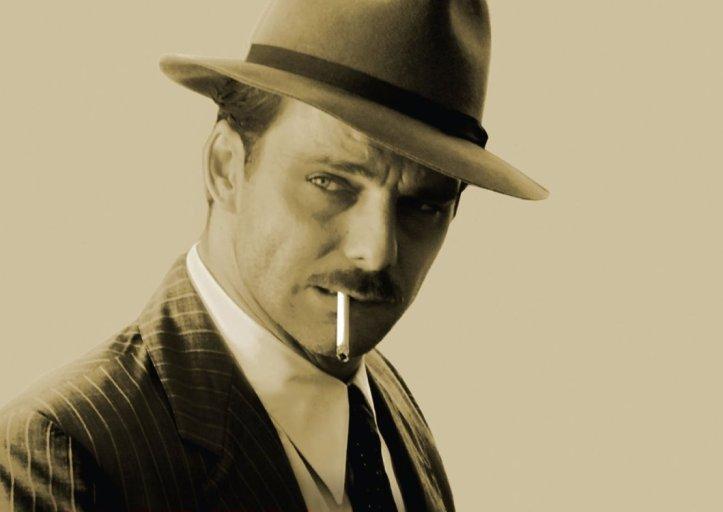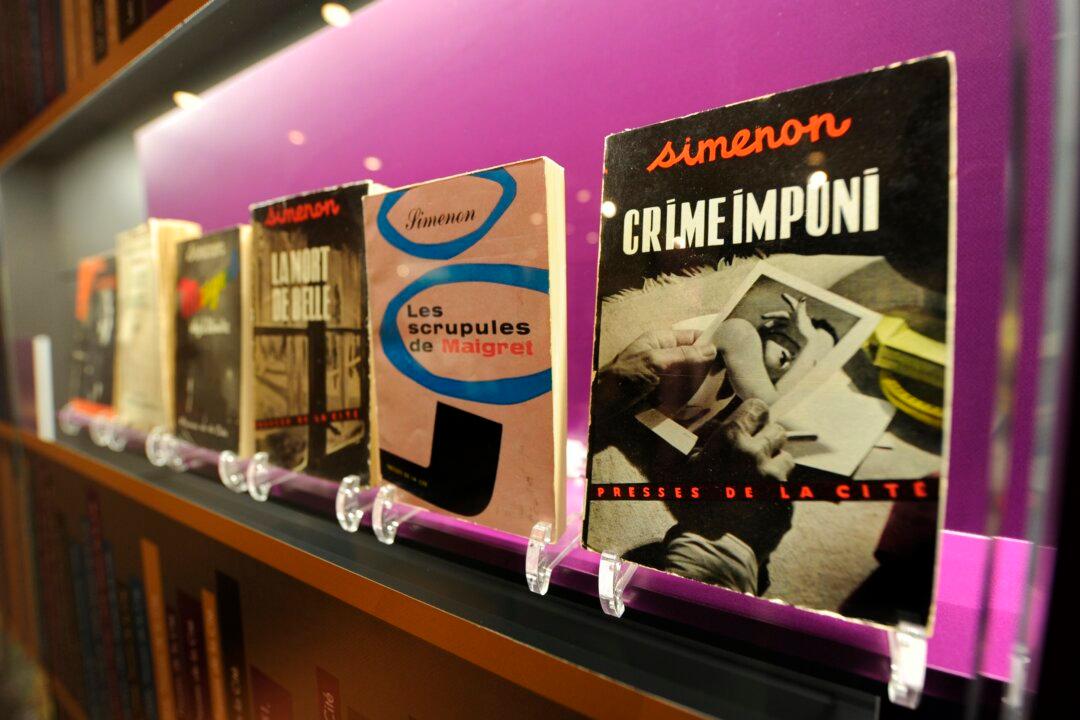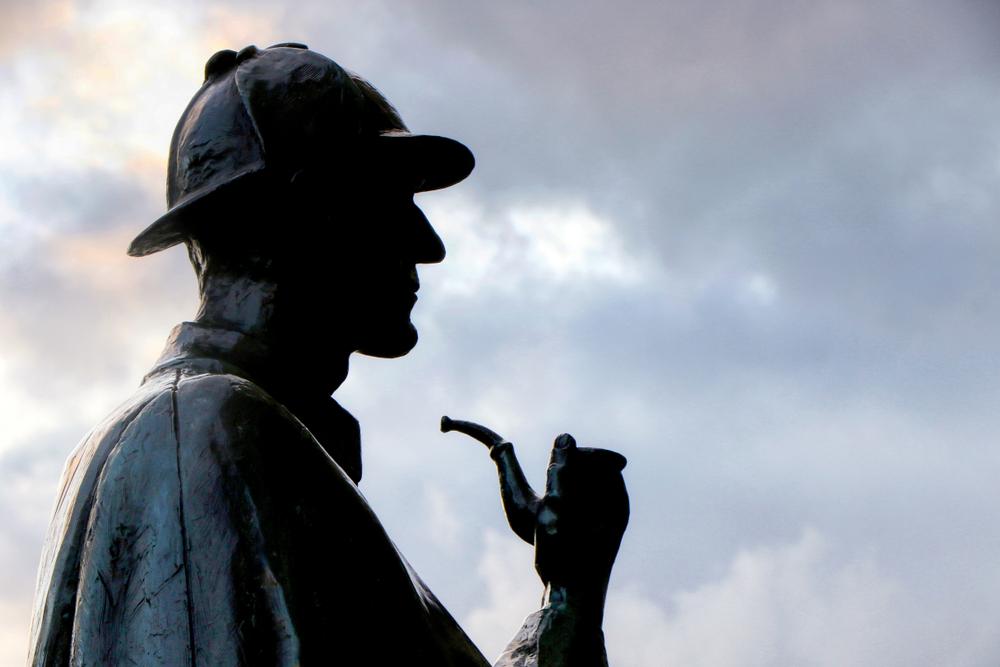In corrupt or brutal regimes, the truth is often a crime. The Inspector De Luca detective novels of Carlo Lucarelli (born in 1960) serve as a reminder of this fact. Although fun and stylish examples of the police procedural genre, these slim books are fictional examples of the eternal morality of justice and how often this morality gets perverted by politics.
While a student working on a thesis about the police during the Italian Social Republic (1943–1945, also known as the Republic of Salò), Lucarelli discovered a unique survivor—a real police officer who managed to serve Mussolini, the communist Italian partisans, and the democratic government of postwar Italy. In this man, Lucarelli found the germ of a character that would eventually blossom to become Inspector De Luca.





